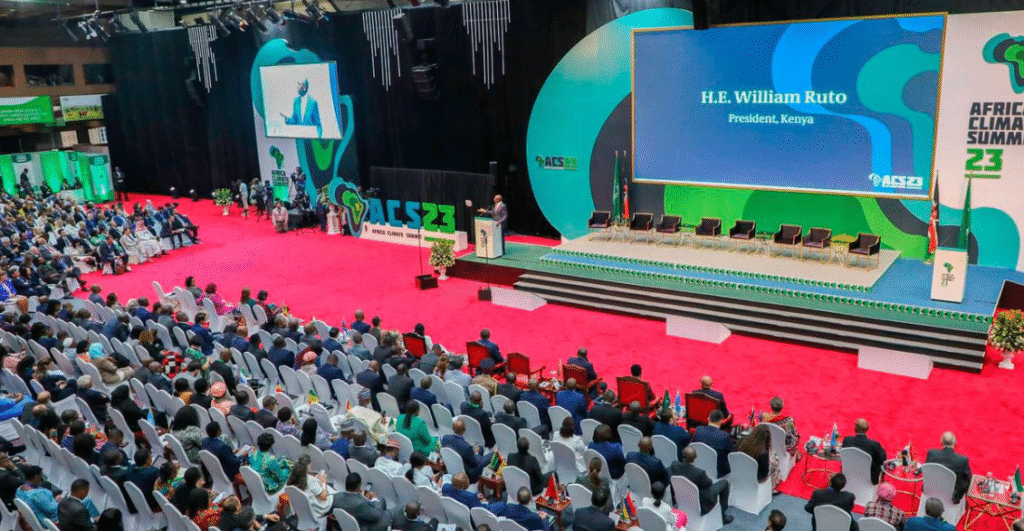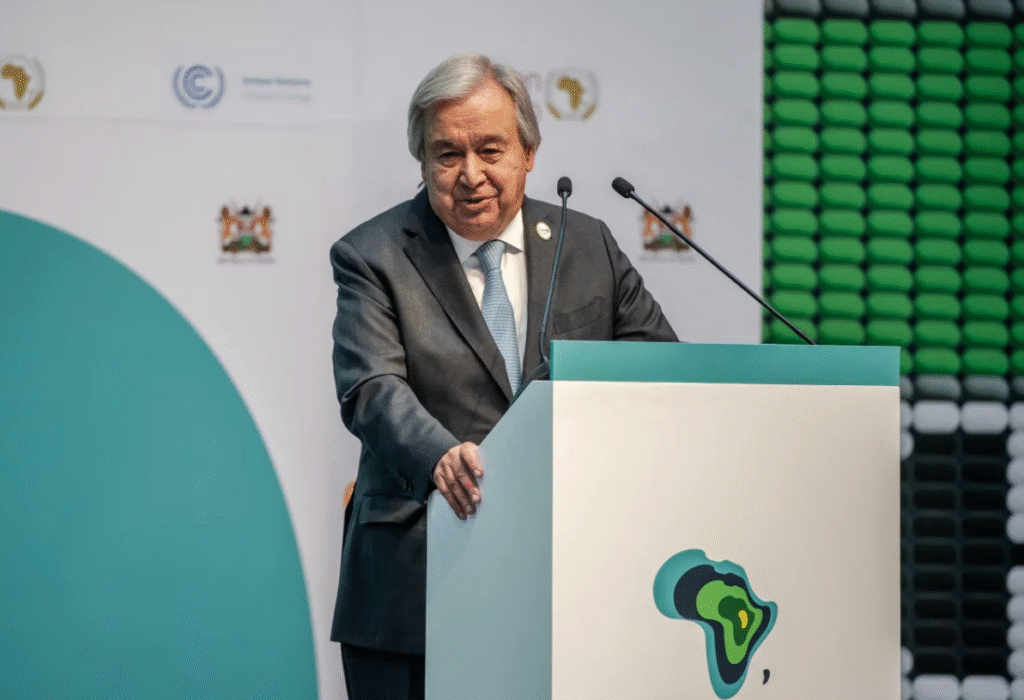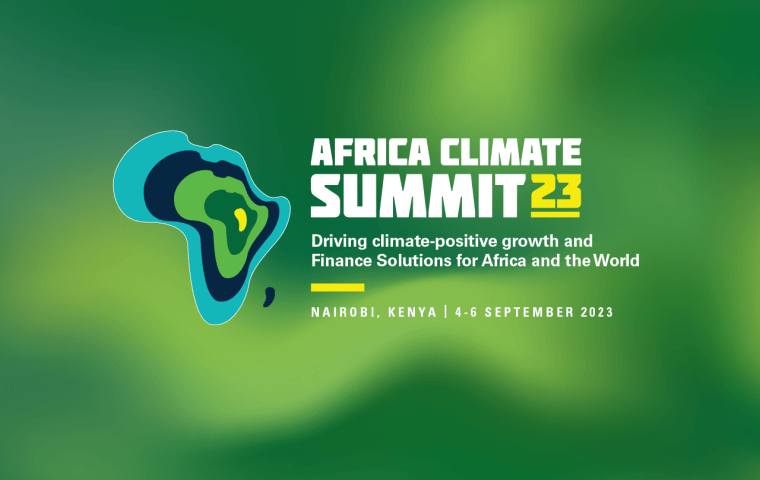By Jenifer Gilla
Addis Ababa, Ethiopia. African leaders opened the Africa Climate Summit in Addis Ababa with a firm demand for fair and predictable climate finance, warning that without significant investment, the continent’s ability to deliver solutions to the global crisis will remain severely constrained.
Running from 8 to 10 September, the summit has drawn more than 25,000 delegates who are focused on accelerating African-led climate action through adaptation, mitigation, and green-growth strategies, while consolidating the continent’s position ahead of COP30.
Although Africa contributes just four percent of global greenhouse gas emissions, leaders stressed that the continent bears the heaviest costs of a crisis it did not cause.
They cautioned that unless structural barriers in global finance are dismantled, Africa will remain on the margins of adaptation and resilience efforts.
Kenya’s President William Ruto underlined Africa’s progress in driving climate leadership through policies that attract investment and spur innovation citing initiatives such as the Africa Green Industrialization Initiative and the Accelerated Partnership for Renewables.
But he made it clear that international systems must also rise to the challenge.
“Success will depend on both sides: Africa delivering at home, and the international system opening space where Africa’s climate, business, and development goals converge,” Ruto said.

He called for urgent reforms in global financial institutions to lower borrowing costs and expand concessional lending.
Ruto warned that progress remains fragile as unfulfilled commitments from global partners erode trust. “Isolation is not a winning strategy it is courting failure,” he added.
“We must journey together toward a climate-safe future.”
Ethiopian Prime Minister Abiy Ahmed Ali reinforced the call for investment but framed Africa as central to global climate solutions. He highlighted the continent’s youthful population, vast arable land, abundant renewable energy, and critical minerals.
“We are not here to negotiate our survival; we are here to design the world’s next climate economy,” Abiy declared.
He proposed an African Climate Innovation Compact to deliver 1,000 homegrown solutions by 2030, while showcasing Ethiopia’s domestic efforts.
These include the Green Legacy Initiative, which has planted more than 48 billion seedlings in seven years, and the Grand Ethiopian Renaissance Dam, poised to generate over 5,000 megawatts of renewable energy.
But Abiy rejected the framing of climate finance as charity, urging instead for strategic investments.
“We will claim climate data sovereignty mapping our own forests, measuring our own carbon, and pricing our own ecosystems. Climate data is not just science; it is the new currency of power,” he said.
African Union Commission Chairperson Moussa Faki Mahamat struck an even sharper tone, accusing international partners of failing to meet their financing obligations.
He noted that Africa needs $1.3 trillion (Sh3,380 trillion) annually for adaptation, yet receives only a fractionand mostly for mitigation efforts.

“This is far from sufficient,” he said.
Mahamat pressed for a genuine Loss and Damage Fund, restructured climate finance systems, and stricter oversight of carbon credit markets.
“Climate finance must be fair, significant, and predictable,” he stressed.
Mahamat also pointed to Africa’s own commitments, from the ‘Mission 300 million’ initiative to provide electricity access to 300 million people, to the Blue Economy program designed to protect marine ecosystems.
“Africa has committed itself firmly to the path of green energy,” he said, urging partners to match that ambition with resources and technology transfer.
As the summit advances, leaders are rallying around the Addis Ababa Declaration, which is expected to outline a clear roadmap for financing and scaling African-led climate action.
The message from Addis Ababa is unequivocal: Africa has the solutions, but without fair financing, the world risks sabotaging its own fight against climate change.



Along with the whole thing that appears to be building throughout this subject matter, many of your points of view happen to be relatively refreshing. Even so, I am sorry, but I do not give credence to your whole strategy, all be it radical none the less. It appears to me that your remarks are generally not totally rationalized and in simple fact you are your self not totally confident of your assertion. In any event I did appreciate reading through it.